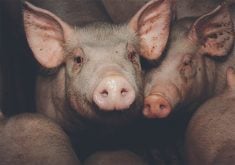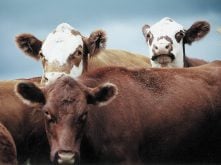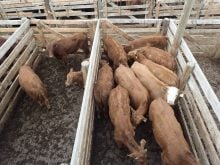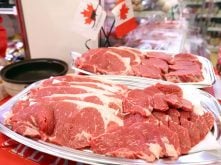OKOTOKS, Alta. – Business as usual seems unlikely as the United States border remains closed and beef exports are limited, says an American livestock marketing consultant.
That means other approaches and skills are needed to survive this crisis, Harlan Hughes told the Canadian Hereford Association annual meeting Aug. 7.
Hughes advised planning savvy over emotion.
“Try and put your energy on things that you can get past. Spend your energy on managing your cow herd,” he said.
Individuals cannot control the markets, but each person can control costs of production on the farm.
Read Also
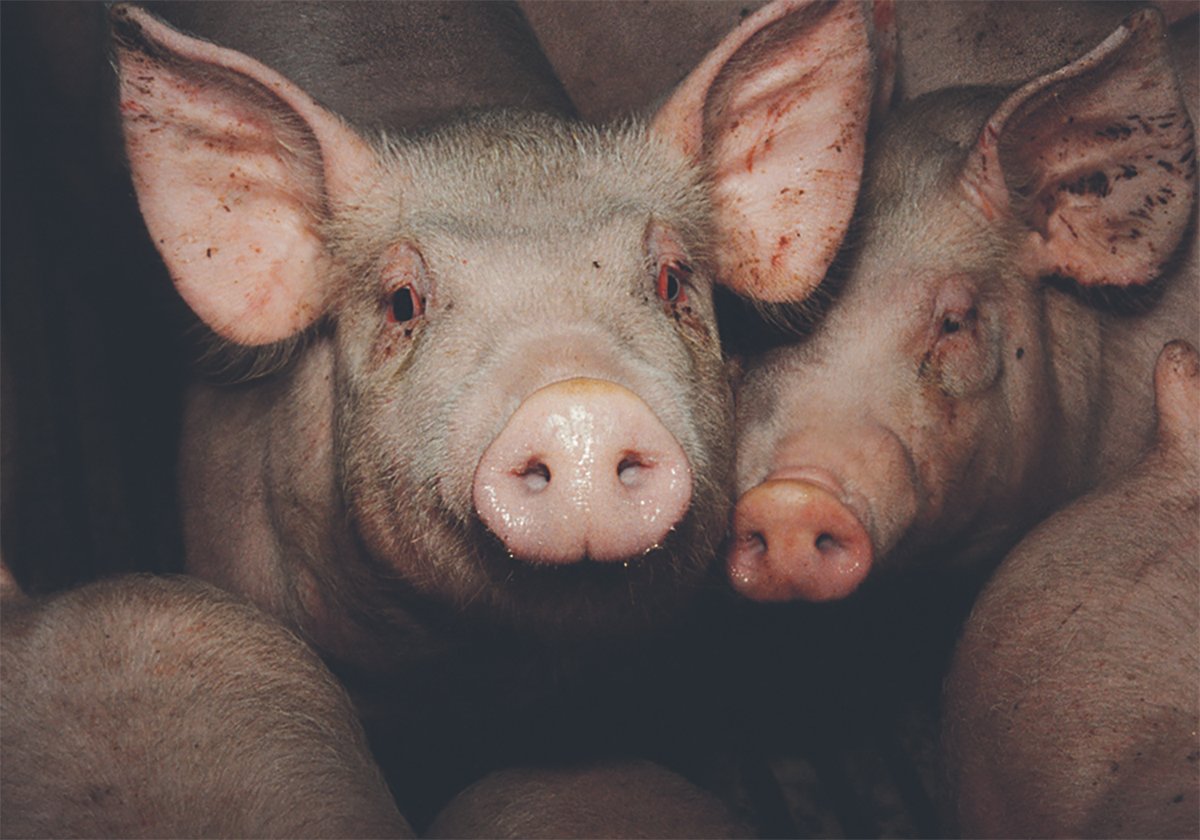
The Western Producer Livestock Report – October 30, 2025
Western Producer Livestock Report for October 30, 2025. See U.S. & Canadian hog prices, Canadian bison & lamb market data and sales insights.
The level of management differs from ranch to ranch. Most people have strong production and scientific skills but struggle with a workable management and marketing plan.
Management styles vary from basic systems where producers weigh their calves at weaning, to more sophisticated plans where cows are identified and expenses are measured on a unit cost of production.
Hughes’s business is working with small groups of producers who need to get a handle on their costs and levels of profitability. He promotes understanding the unit cost of production.
“I continually find resistance among cattlemen to increase management. If there was ever a time when an industry needs to lower its unit cost of production, it’s now,” he said.
The days are gone when cattle could be run without records. It is important to identify the cows and their calves, weigh calves at weaning time and maintain herd performance records so the producer learns what each cow is capable of.
“Herd performance records are No. 1. That is something if you don’t have, you should start tomorrow,” he said.
Beef producers need to maintain herd information to calculate expenses and profits so they gain a true understanding of what is happening with profits and losses in their operations.
Profit is revenue minus cost, and producers must know what it costs to produce 100 pounds of calf. To do that, calculate the unit cost of production, said Hughes.
Unit cost of production equals the total cost of the cow herd divided by total pounds of calf produced.
In most cases, low cost producers can do better with less, he said.
People also need to remember the person who weans the biggest calves is not necessarily the most profitable operator.
“You can’t produce yourself out of this crisis. What you’re going to have to do is bring in your management skills and manage your way through it,” he said.
Hughes said producers should ask themselves what it might cost to produce the 2004 calf crop. Next, they should compare their numbers with other producers in terms of whether each is a high or low cost producer.
Benchmarking studies have been conducted for comparison purposes. As a consultant, Hughes works with producers to measure costs and compare them to other operations.
“Your tax records and your herd records have to be integrated,” he said.
Whether to retain ownership is a year-by-year decision when determining profit potential. These kinds of decisions need to be made well in advance and producers need to educate themselves in the beef marketing system so they can learn where profit lies.
However he admited tracking Canadian prices has been difficult this year. Further, no one predicted American fat cattle prices would soar past $1.12 per lb. or that the basis between the U.S. and Canadian cash prices would be so wide.
Under normal circumstances the basis is $5-$7. Right now it is around $50 and is not likely to shrink by much even after the borders open and trade resumes.



